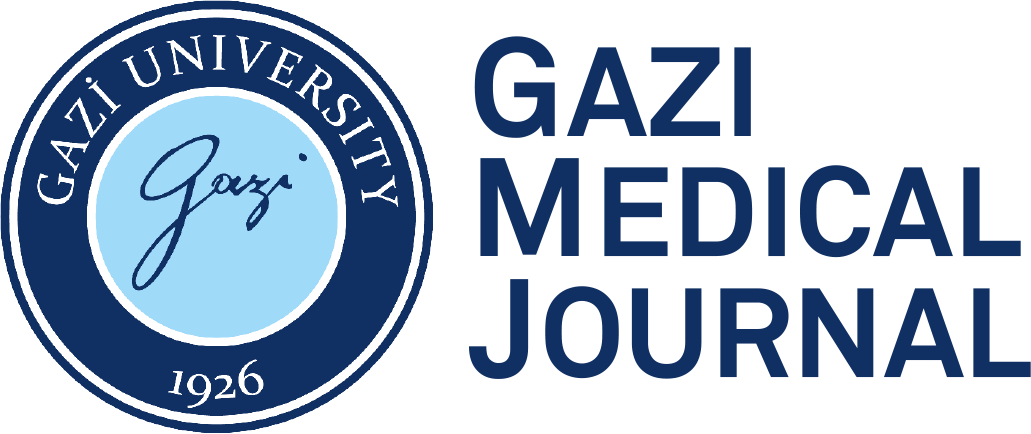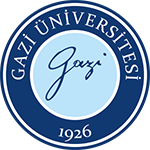ABSTRACT
Purpose:
Angiogenesis is a critical requirement for local proliferation and metastasis of prostate cancer. Single nucleotide polymorphisms in angiogenesis-dependent genes affect the degree of cancer development and progression. Angiopoietin-2 (ANGPT-2) is one of the principal regulators of vascular growth and regression; however, its role in normal prostate and prostate tumors is largely unknown. DNA sequence variations in ANGPT-2may alter the production outcomes or activities of the genes. In this study, we aimed to determine how the changes in the ANGPT-2 exon 4 G/A affect sporadic prostate cancer patients in the Turkish population
Materials and Methods:
A case-control study on 52 sporadic prostate cancer patients and 52 healthy control subjects was conducted. Polymerase chain reaction (PCR) and restriction fragment length polymorphism (RFLP) analyses were performed to identify different ANGPT-2 alleles.
Results:
The distribution of genotype and allele frequencies of the poly-morphism did not yield a statistically significant difference between pati-ents and controls (P>0.05). Furthermore, classification of patients by tumor, lymph nodes, metastasis (TNM), Gleason scores (GS), and serum prostate-specific antigen (PSA) levels showed no significant differences among the ANGPT-2 exon 4 G/A genotypes (P>0.05).
Conclusion:
This is the first report on the ANGPT-2 exon 4 G/A polymorp-hism in patients with sporadic prostate cancer demonstrating that the inves-tigated polymorphism is not associated with prostate cancer in the Turkish population



